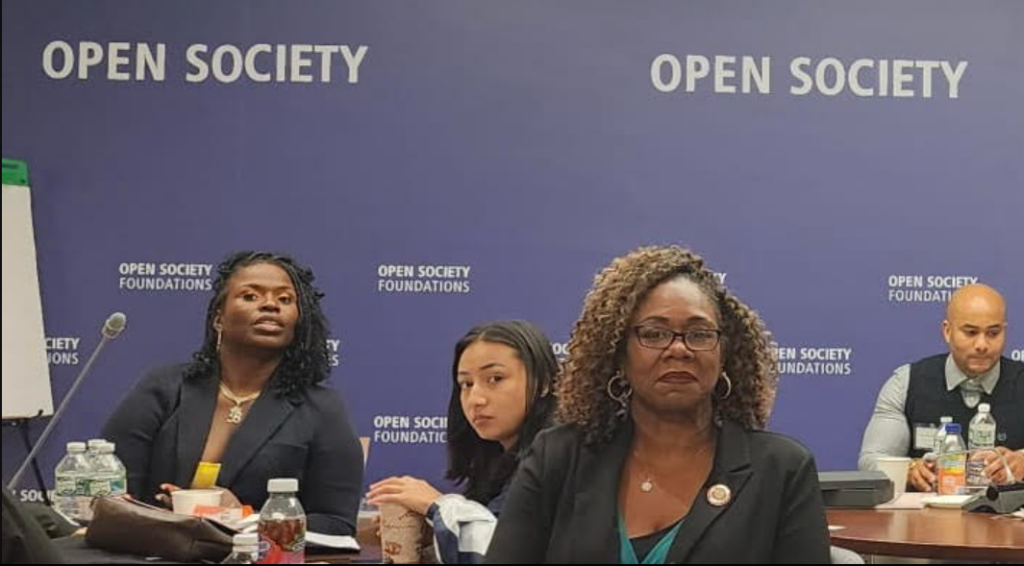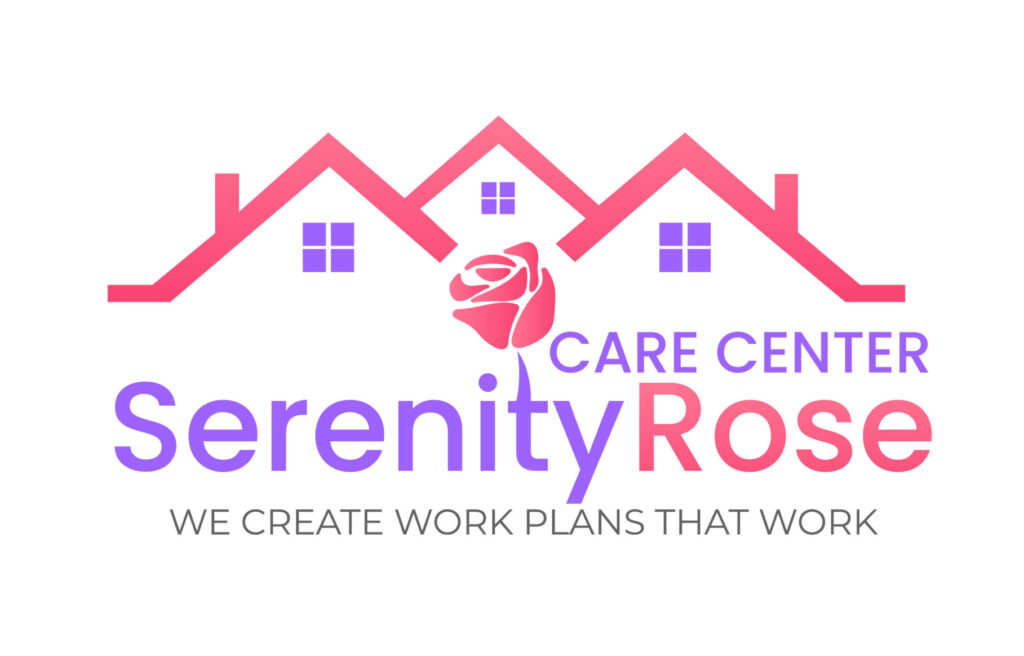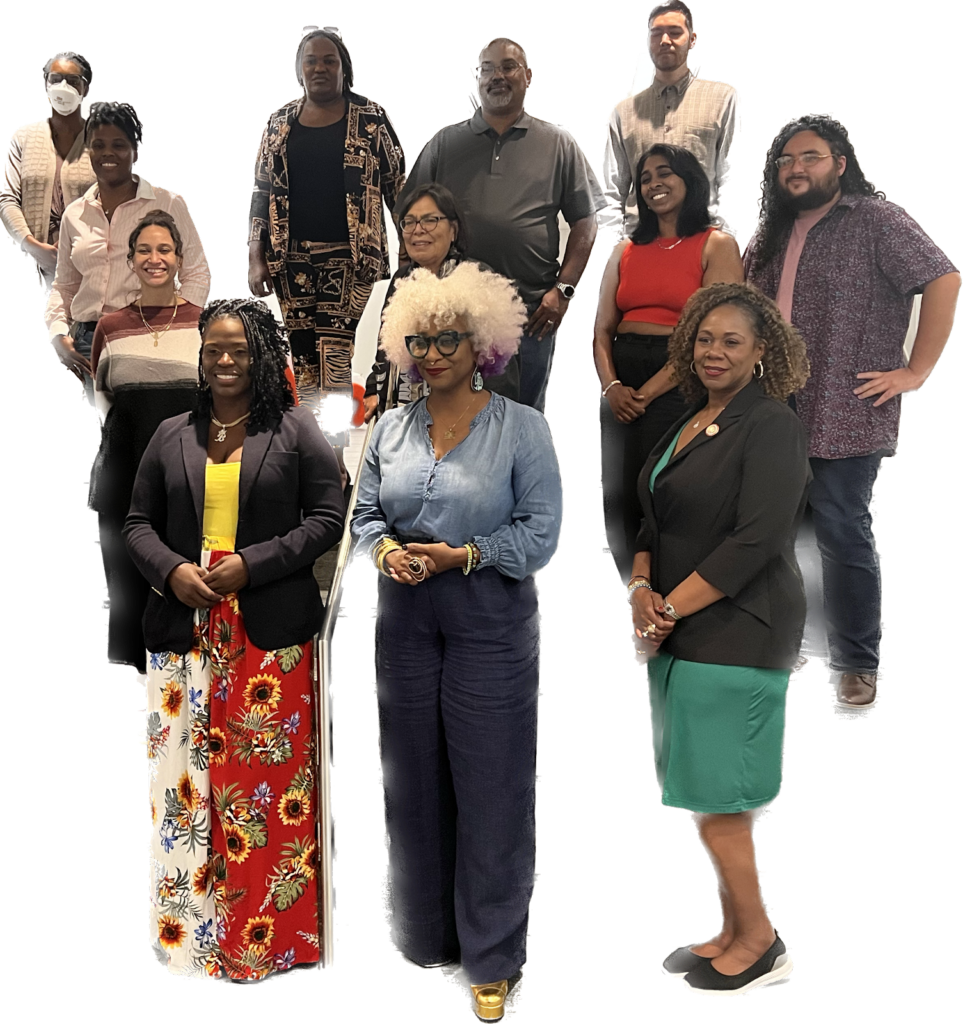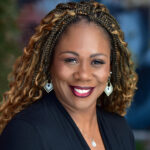
Creating impactful justice system reform on a larger scale requires more than individual passion. Fellowships can provide structured support, mentorship, and funding to help community leaders on their advocacy journey. The Soros Justice Fellowship funds outstanding individuals to take on projects that engage productively with the criminal legal system. Fellows receive support for 12- or 18-month durations, which may be associated with a host organization. JustLeadershipUSA helps those with a track record of community organizing and advocacy to develop leadership skills, including in social, economic, or social justice reform areas.
We interviewed multi-fellowship winner Betty Washington, a Soros Open Justice Fellow, a WOJO Leadership trainee, and a JustLeadershipUSA alum, about how her own experience through the incarceration system informs her current advocacy, her current advocacy projects for formerly incarcerated women transitioning back into their communities, and her heartfelt advice for others.
Can you tell us about your background and professional journey? What made you interested in social change in the legal justice system?
My journey in nursing traces back to my grandmother, who served as a nursing assistant. Witnessing her daily dedication, clad in her crisp white uniform, left a lasting impression on me. At that time, people took immense pride in their career choices, particularly in healthcare. And so, it became a lifelong aspiration for me. Initially, I enrolled in a nursing program at a local technical college. However, during my first attempt, I didn’t complete the program. I did, however, become a nursing assistant during that time. A few years later, I decided to return and successfully earned my nursing degree.
Subsequently, I pursued psychology at Troy State University. Although I completed the program, I haven’t actively practiced in the field. Over the years, I’ve accumulated various certifications, including medical billing and coding. I also hold an administrator’s license in the state of Alabama, where I’ve had the opportunity to manage healthcare facilities. This comprehensive background reflects my commitment to education and diverse experiences within the healthcare sector.
Can you share any details about what it was like once you were out of incarceration? How did you handle the challenges you faced?
From 2011 to 2013, I was in federal incarceration. During that period, I had to surrender my nursing license before entering. When I returned home, everyone was adamant I would never be a nurse again. Instead, I kept receiving suggestions for alternative jobs or public assistance, with little encouragement to pursue a path in healthcare once more. Through this time, I saw how unjust the legal justice system could be. As a healthcare professional, I never thought I would end up losing my nursing license to a federal felony charge of conspiracy. And on top of that, I realized there was no real help or resources for formerly incarcerated women. That’s when I knew I could try to make a difference, at least within my community.
In response to that skepticism, I founded Starting Point in 2014, a name inspired by the concept of finding a starting point, a place to figure out what to do next. Originally conceived as a resource hub, the organization aimed to be a point of contact for women leaving prison, providing guidance on where to go and how to get started. Over time, it evolved and blossomed into what it is today- a place where incarcerated women can have their “starting point” back into society.
In 2020, you were a recipient of the JustLeadershipUSA Fellowship. How did you find such an opportunity, and how did it help advance your professional and advocacy goals?
I did not know about fellowships until around 2018. In 2017, I joined The National Council for Incarcerated and Formerly Incarcerated Women and Girls. I first learned about Fellowships there, and they gave me my first one in 2018.
Then, in 2019, I got my nursing license back. With all the discouragement I had received when I returned home, having my license returned further inspired me to help other women earn their occupational licenses back, too. This program also fell under the Umbrella of Starting Point and incorporated initiatives to assist women in figuring out their next steps.
I learned about Just Leadership through the company of other formerly incarcerated individuals, which initially struck me as a challenging but worthwhile endeavor. The application process, intentionally extensive, took me a few days to complete. Despite the intensity, the experience proved invaluable. I formed close bonds with fellow participants, some of whom remain dear friends and mentors.
One of the most significant lessons from the Just Leadership Fellowship was the emphasis on personal responsibility and leadership accountability. It resonated with my experience with WOJO, where the focus wasn’t on grassroots organizing or advocacy but on individual leadership effectiveness.
Through this program, I honed my communication skills and became more adept at navigating leadership responsibilities. The reflective nature of the program encouraged me to analyze myself and take ownership of my actions. These insights have been instrumental in my personal and professional growth as a leader. The time spent in JLUSA training allowed me to bond with other directly impacted individuals and share our experiences.

Afterward, you also received a Fellowship from WOJO, Women Organizing for Justice & Opportunity. What were some accomplishments from this opportunity?
In 2021, I was a leadership trainee with Women Organizing for Justice & Opportunity (WOJO). This 6-month program allowed me and other formerly incarcerated women to refine our social justice leadership skills. The program focused on policymaking, grassroots organizing, advocacy, and leadership development, which are crucial for practical social justice work. My time with WOJO allowed me to strengthen my personal foundation, which is a vital step before creating grassroots organizations or advocating for a cause.
My experience with WOJO and its founder, Susan Burton, inspired me to establish another branch of Starting Point: the Serenity Rose safe house. This six-bed facility is dedicated to women who have recently been released from prison, particularly those who have spent a significant portion of their lives in the system. The safe house is more than just a place to stay; it’s a supportive environment designed to help these women transition back into society.
The women who come to Serenity Rose have faced numerous challenges. Many of them have served lengthy sentences and are now trying to navigate life outside of prison. They’re not just looking for employment; they’re also trying to rebuild relationships with their children, who have grown up in their absence. Some have lost family members while they were incarcerated. I aim to help these women reestablish their bonds and reintegrate into society.

How have your fellowship experiences impacted your career?
These fellowships have played a unique and impactful role in my life, serving different purposes with distinct missions. Collectively, they have contributed significantly to my personal growth.
In the very beginning, I had a hard time dealing with the stigma that surrounds going to prison. I was one of those people no one expected to get in trouble. So you find yourself wondering what people are saying and thinking. These fellowships helped me process the shame and guilt of everything that had gone on. Without their assistance, I’m uncertain where I would be today or if I would be engaged in my meaningful work. The challenge of applying and potentially being selected for a fellowship is invigorating because each opportunity is highly competitive. And I was chosen out of hundreds, maybe thousands of people who applied! It’s a huge honor that I don’t take lightly. They have all played a pivotal role in shaping my journey, each contributing in its own way based on its unique mission.
In addition to all the exciting projects and social justice work, where do you hope to go from here?
In the future, I aspire to establish a cohort of my own to support women who have navigated the justice system. I want to recognize their varied impacts stemming from experiences in city and county jails and state or federal prisons. Building upon the foundation laid by the Safe House initiative, I aim to broaden its scope, ensuring that women, especially in the South’s rural areas, can access the resources and opportunities vital for their success. These goals align with my commitment to continuous expansion and empowerment.
Looking ahead, I envision sustaining and enhancing the positive impact of my current projects. And if there are other fellowships to come my way that interest me, I would like to apply and, hopefully, be awarded those as well!
Finally, any advice for formerly incarcerated individuals who are interested in fellowships as a means to transform their lives?
The key lies in understanding that personal growth is achieved through knowledge acquisition. This journey is not limited to academic institutions. While not everyone may desire to return to college, it is necessary to actively pursue and gather knowledge. This can manifest in various ways, from independent study to practical involvement. For those who have been incarcerated and are contemplating their future, the crucial step is gaining some form of knowledge. It doesn’t have to be a formal education; it could involve exploring the experiences of others who have engaged in work that ignites your curiosity.
The crucial takeaway is ensuring that one’s time spent is not in vain. Yes, you made a mistake, you had to do time, but how can you give back and help somebody else and prevent them from going through what you’ve gone through?
Each person’s journey through incarceration is unique, with some stories more challenging than others. Yet, despite adversity, finding the strength to contribute positively and prevent others from enduring similar hardships becomes a powerful driving force.
Also, my tip to anyone applying for fellowships is to have a passion for your work and be deeply connected to it. Remember, you’re an expert in your subject matter and have the lived experience you want to share with the world.
Interested in applying to the Soros Justice Fellowship? Sign up to discover more than 2,700 professional and academic fellowships in the ProFellow database!
Betty Washington is poised to establish a nationwide resource d
© 2024 ProFellow, LLC. All rights reserved.